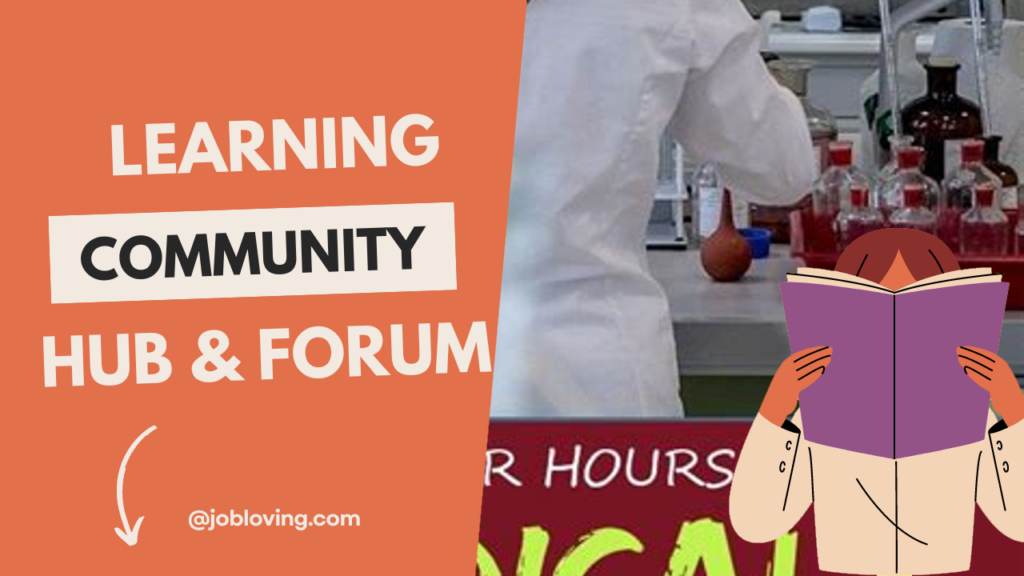Are you dreaming of donning that crisp white coat and saving lives? Well, before you dive into med school, you might be wondering just how many volunteer hours you need to clock in. While it feels like a game of “how many hours should I serve to get the golden ticket,” the reality is a bit more nuanced. Let’s break down the expectations and what really matters when it comes to volunteer work!
The Short Answer: Aim for at least 100 volunteer hours!
Medical schools typically encourage prospective students to have at least 100 hours of volunteer experience. However, the magic lies in the quality of those hours rather than just the number you rack up. Schools appreciate commitment to fewer, impactful projects over a scattershot approach filled with endless small, less meaningful tasks.
In this competitive field, med schools are on the lookout for applicants who not only have the raw numbers but also a sincere dedication to community service. Think of it this way: it’s not merely about how long you volunteered, but whether you took the time to make a substantial difference. Focusing on substantial volunteer experiences—like working at a hospital, engaging with underserved communities, or involving yourself in health-related issues—demonstrates passion and commitment. Real-life experiences, especially those that put you in direct contact with patients or healthcare systems, can provide valuable insights and enhance your application significantly.
So, while you’re swimming through the ocean of volunteer opportunities, remember that depth trumps breadth. Get involved in projects that resonate with you, make lasting connections, and truly contribute to your community. And who knows? Those meaningful experiences might just be what sets you apart in the eyes of an admissions committee!
Ready to embark on this journey towards medical school? Join the JobLoving community for more resources and insights! If you have any questions or need personalized advice about your path, don’t hesitate to reach out!
Key takeaways about how many volunteer hours to get into med school
Importance of Volunteer Hours
- Average successful applicants report around 100 volunteer hours, showcasing dedication to community service and healthcare.
- Aim for 100-200 volunteer hours to meet medical school application expectations effectively.
- Many successful applicants exceed 150 volunteer hours, emphasizing quality and leadership in their roles.
- Medical schools prioritize volunteer experiences differently, reflecting their missions and community service values.
- Some schools suggest minimum requirements, while others emphasize a holistic view of applicants’ experiences.
- Volunteer hours enhance applications, especially in competitive pools where GPA and MCAT scores are similar.
- Quality of volunteer experiences outweighs sheer number of hours when applying to medical school.
Quality vs. Quantity of Volunteer Work
- Quality volunteer experiences matter more than quantity; meaningful contributions resonate with admissions committees.
- Engaging deeply in a few volunteer roles creates more meaningful experiences than many superficial ones.
- Experiences that evoke emotional connections are more impactful than hours logged in passive roles.
- Community service activities broaden applicants’ experiences, demonstrating their commitment to societal well-being and health equity.
- Quality experiences lead to stronger applications, as admissions committees value depth over breadth.
- Participating in impactful volunteer roles fosters personal connections that resonate during medical school interviews.
- Reflecting on personal feelings during volunteer work aids in crafting compelling application narratives.
Personal and Professional Development Through Volunteering
- Diverse volunteer opportunities provide well-rounded perspectives on healthcare, benefiting personal and professional growth.
- Leadership roles in volunteer settings develop essential skills like teamwork and communication for future physicians.
- Volunteer experiences help applicants articulate lessons learned and personal growth in applications.
- Shadowing diverse specialties offers broader insights than accumulating hours in a single medical area.
- Medical mission trips allow pre-meds to address healthcare disparities while gaining hands-on experience in diverse environments.
- Engaging in health education outreach promotes community health awareness, showcasing proactive involvement beyond clinical settings.
- Research volunteerism exposes students to scientific methodologies, enhancing their understanding of evidence-based medicine.
Balancing Volunteering and Other Commitments
- Balancing volunteering with academics requires effective time management and prioritization to prevent burnout.
- Pre-med students often stress over GPA and MCAT scores rather than focusing on meaningful experiences.
- Medical school admissions favor compassionate applicants who demonstrate empathy through their volunteer experiences.
- Aim for experiences that challenge your perspective and contribute to personal growth in medicine.
- Volunteering should feel fulfilling rather than burdensome; passion for medicine enhances the experience.
- Documenting volunteer experiences provides essential material for personal statements and interview discussions.
- Balance between clinical and nonclinical volunteer hours is essential for a well-rounded medical school application.

